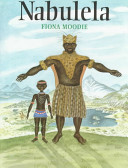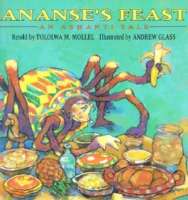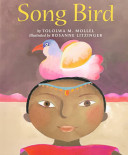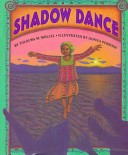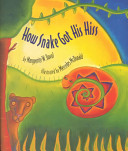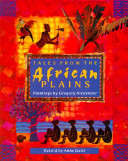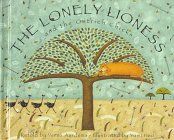
In this retelling of a Masai tale, a mongoose helps an ostrich get her chicks back from the lonely lioness who has stolen them.
Peering down from her treetop perch, a lonely lioness admires the noisily cheeping clan of Mother Ostrich and thinks, “I would be happy to have just one child.” So she leaps down, gurum! and steals all four ostrich chicks. Accepting the lioness as their mother, the chicks follow right behind he. Mother Ostrich is frantic! As she chases after the lioness, she enlists the help of gazelle, hyena, jackal, and mongoose.


